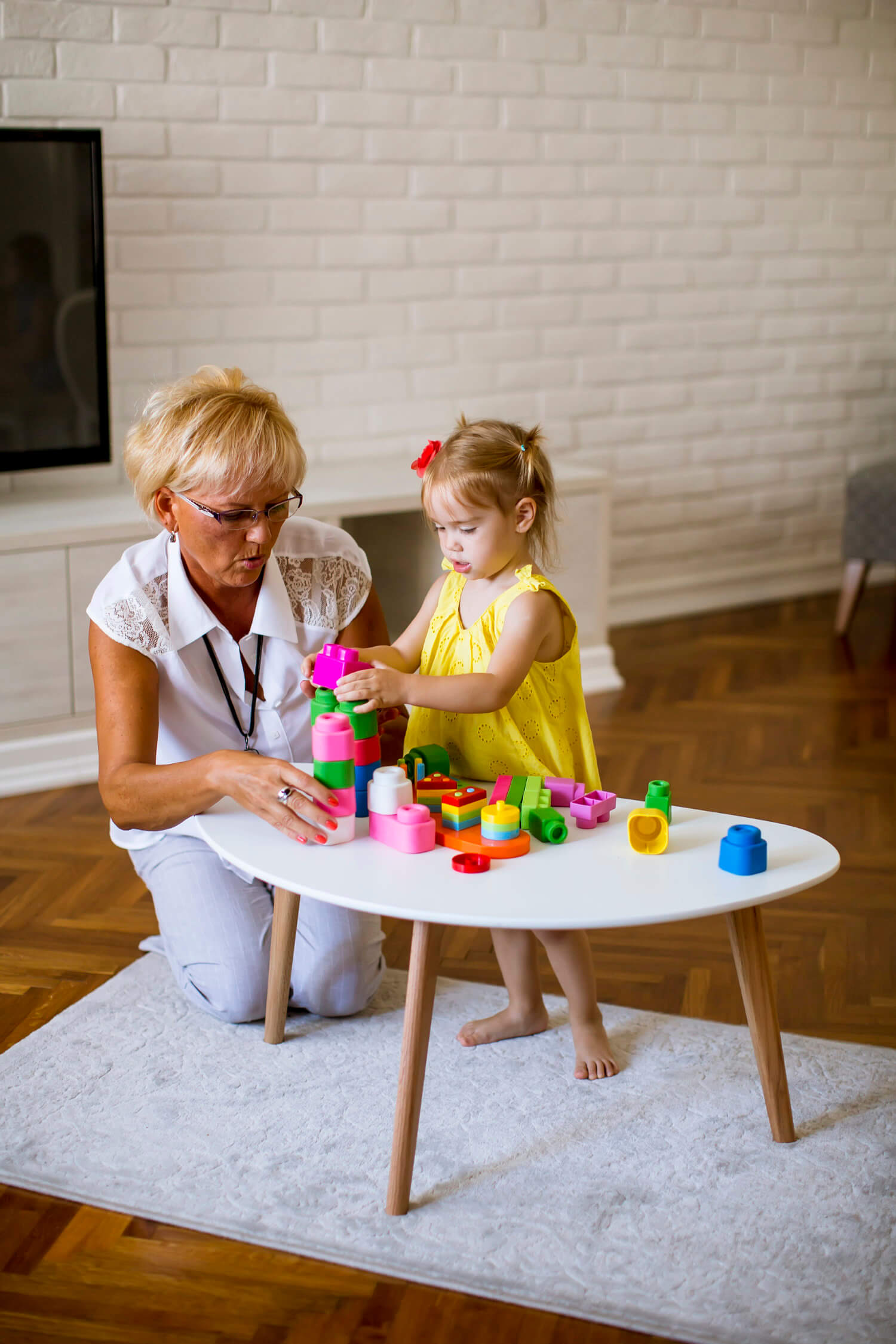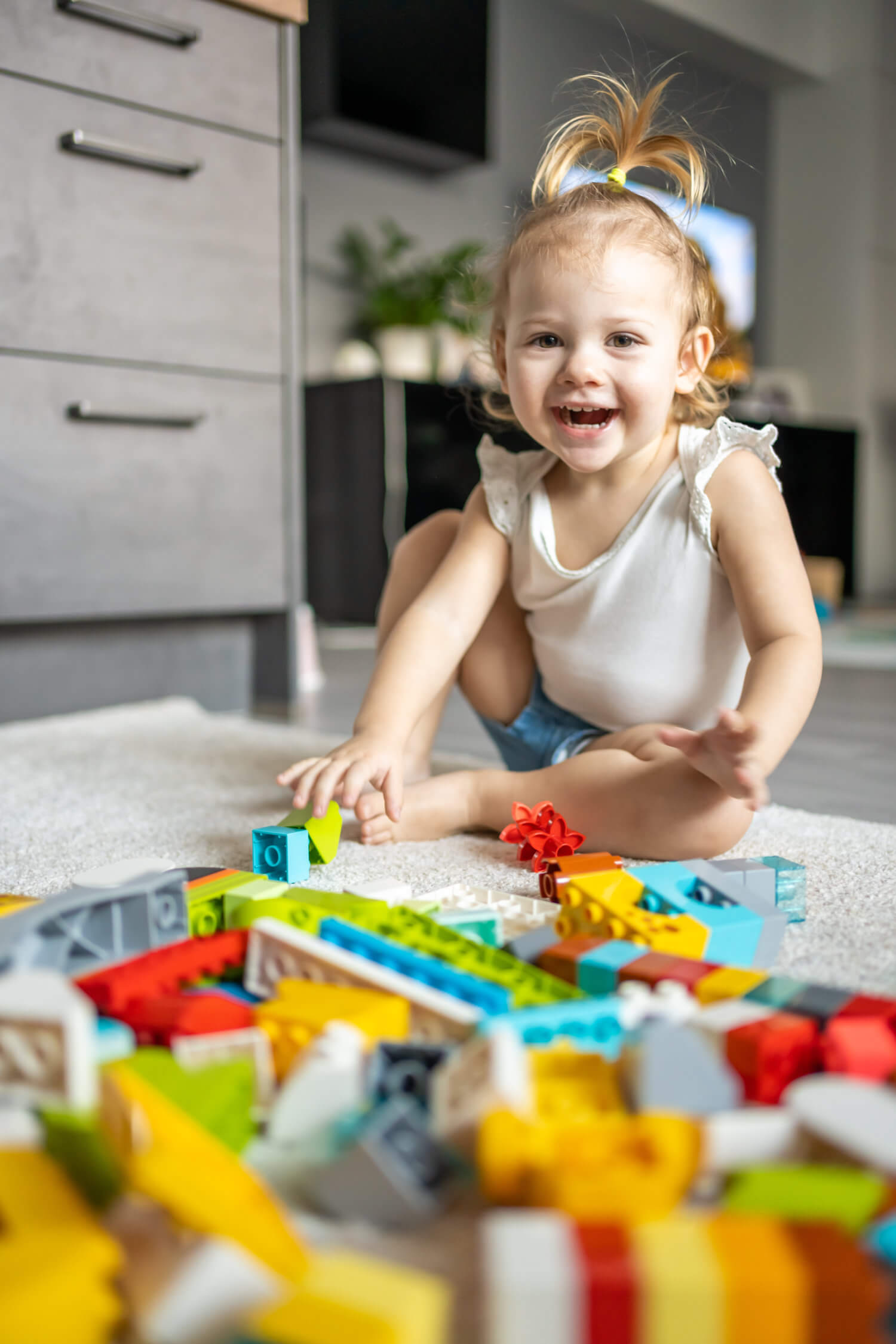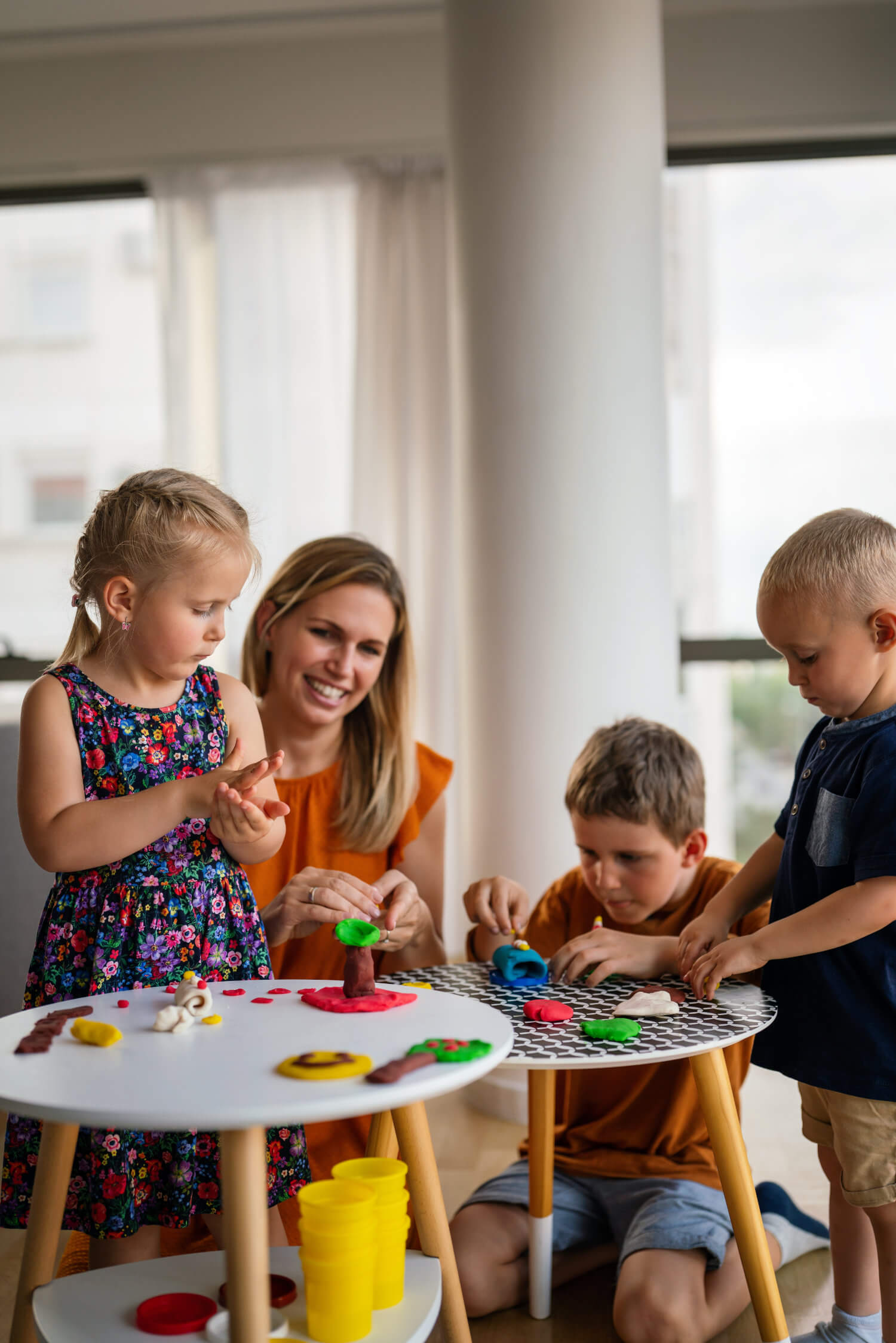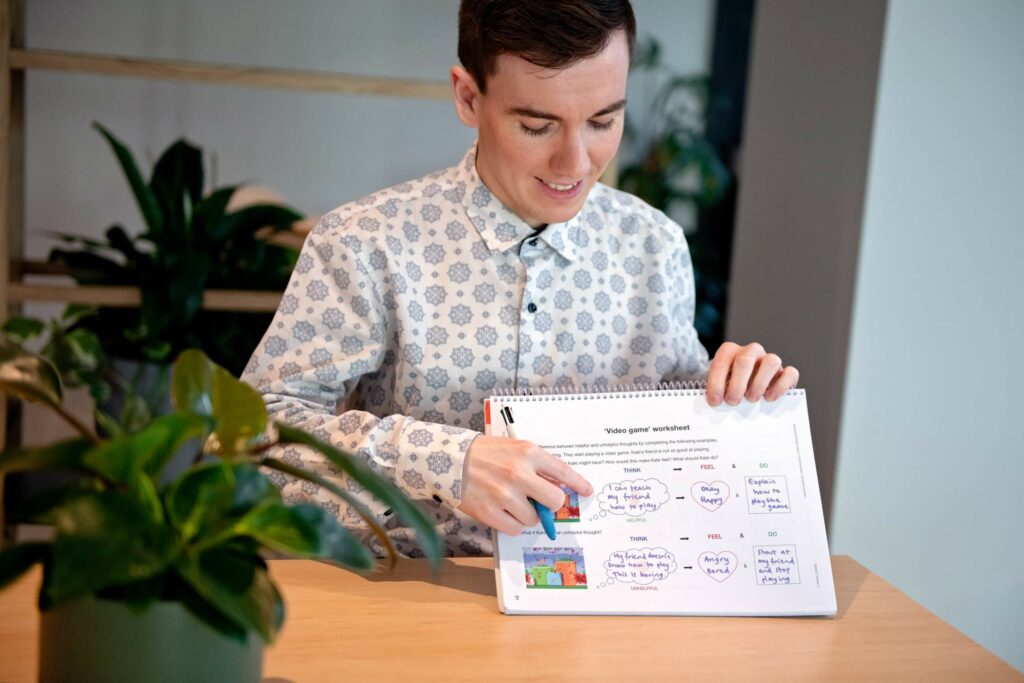Play therapy is a specialised therapeutic approach designed for children to help them express their thoughts, emotions, and experiences through play.
Play therapists work collaboratively with children to create a safe and nurturing environment that encourages self-expression.
Here's how play therapy can benefit children:
Children are provided with a variety of toys and materials to engage in non-directive play. This allows them to explore and express themselves in ways that feel comfortable.
Play therapy provides a medium for children to express their emotions, even when they may not have the words to describe their feelings.
Through play, children can work through challenges and conflicts they may be facing, helping them develop problem-solving skills.
The therapeutic relationship formed with the play therapist can help children build trust and feel safe to share their inner thoughts and concerns.
Play therapy promotes healing and growth by addressing emotional difficulties, building resilience, and enhancing emotional well-being.


Play therapy offers numerous advantages for children and their families:
Children can release pent-up emotions and find relief from emotional distress.
Play therapy improves a child's ability to express themselves, leading to better communication with peers, parents, and teachers.
Children develop a healthier self-concept and self-esteem as they gain a better understanding of themselves.
Play therapy equips children with conflict resolution skills, helping them navigate peer and family conflicts more effectively.
Children become more empowered as they learn to cope with challenges and find their inner strengths.
Play therapy for children in Australia can help children develop their communication, social, daily living, and motor skills, overcome problematic behaviours and develop healthy habits. A play therapist is a professional who specialises in psychotherapy. Play therapists may have training in various approaches, including Applied Behaviour Analysis (ABA) and Cognitive Behavioural Therapy (CBT). Play therapists can also help children who have experienced trauma or are struggling with anxiety or depression.
Play therapy can have a profound impact on the lives of children:
Play therapy can help children develop effective communication skills, which can lead to greater independence and improved social interactions.
Children learn how to initiate and maintain social interactions, making friendships and relationships more accessible and enjoyable.
Targeting disruptive behaviours allows children to manage frustration and anxiety more effectively, leading to a more peaceful and harmonious family life.
Improved self-regulation and attention span can positively influence academic performance, setting the stage for success in school.
Play therapy empowers children to become more self-sufficient, helping them achieve a higher level of independence.

Your child may see a play therapist for their mental health and wellbeing or if they are exhibiting behaviours such as aggression, self-injury, impulsivity, or anxiety. Play therapy can also be helpful for children with developmental disabilities or behavioural disorders such as ADHD, Autism Spectrum Disorder, or Oppositional Defiant Disorder.
At SLCN, we take a compassionate and evidence-based approach to play therapy for children. Our experienced therapists collaborate closely with families to ensure a holistic approach to therapy. We create customised treatment plans and provide ongoing support to help your child reach their full potential.
During the appointment, the play therapist will typically conduct an assessment to gather information about your child’s mental health and development. The therapist will then develop a treatment plan and work with you and your child to implement strategies to improve their wellbeing, behaviour, and skills. The therapist may also provide training and support to help you and your child maintain the positive changes.
The play therapist may conduct assessments to gather information about your child’s wellbeing, behaviour, and development. These assessments may include direct observation of your child’s behaviour and skills, interviews with you and your child, and questionnaires or rating scales. Play therapists may work with your child’s doctor or paediatrician to investigate any diagnoses and to develop a treatment plan.
Play therapists may use various treatments and therapies, including applied behaviour analysis, cognitive behaviour therapy, positive behavioural supports, family therapy, and play therapy. The type of therapy that is right for your child will depend on their needs and preferences.
Play therapy is a confidential process, which means that anything you discuss with the counsellor will not be shared with anyone else without your permission.
In Australia, the National Disability Insurance Scheme (NDIS) may provide funding for play therapy for children with disabilities.
Play therapy offers a pathway to unlock the potential of your child. By focusing on wellbeing, development, fostering positive reinforcement, and providing expert guidance, your child can develop essential skills that lead to greater independence, improved communication, and enhanced quality of life. If you have concerns about your child's mental health, development, or behaviour, reach out to a qualified therapist to explore how play therapy can make a difference in their life. Together, we can help your child reach their fullest potential.

Paediatric Speech Pathlogist
Whatever your family’s case, there will be something out there for your child which can offer the best possibilities for success. Programs that I can tailor to your time and budget constraints.
If you’d like to book a FREE consultation here, I’ll be able to recommend a suitable program, components, and style for your circumstances.
If we’ve already spoken about suitable programs for your child, or you know what you’re after, then you can book a course here.
Ideally, daily practice with your child will be required. Three practice sessions per week would be considered a minimum. Without sufficient practice your child is unlikely to progress in skill development and in the long term this may in turn lead to a decrease in motivation.
Play therapy practice should focus on the specific goals and materials that have been set in therapy sessions by your child’s play therapist. Other forms of practice, such as incidental practice are not likely to be as effective.
In order for your child to develop and extend new skills, feedback on practice attempts is required. This feedback should typically be delivered as labelled praise. Labelled praise will specifically let your child know what was correct about the attempt and will provide motivation and encouragement to keep trying.
As the focus of the play therapy service is on training and supporting you, you are required for all therapy appointments. If you are unable to attend, please ring 03 413 992 86 or email [email protected] as soon as possible.
